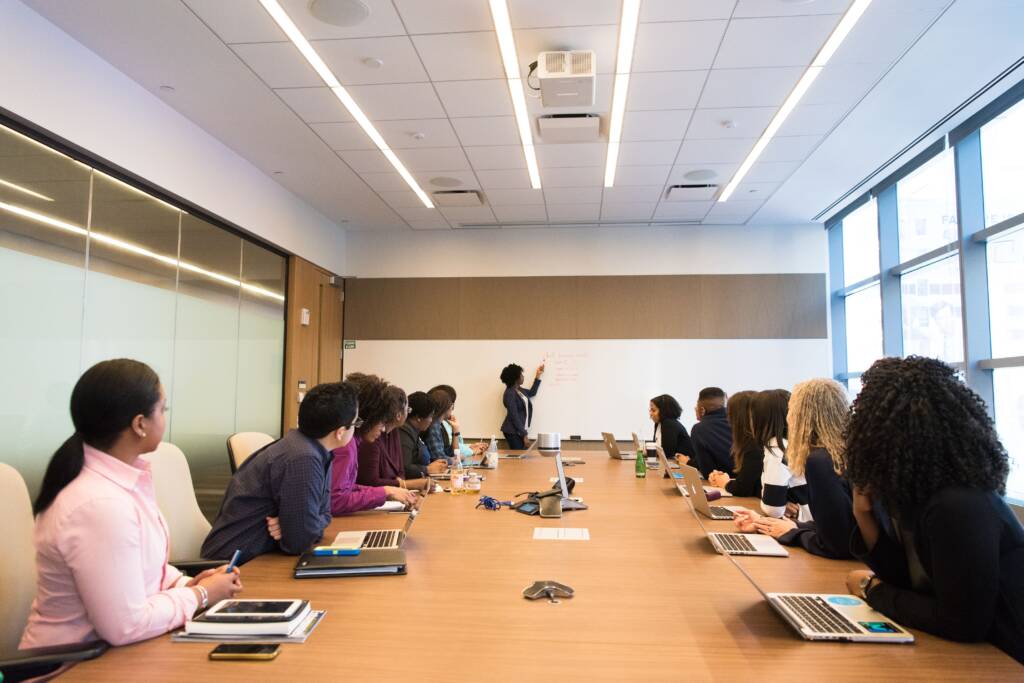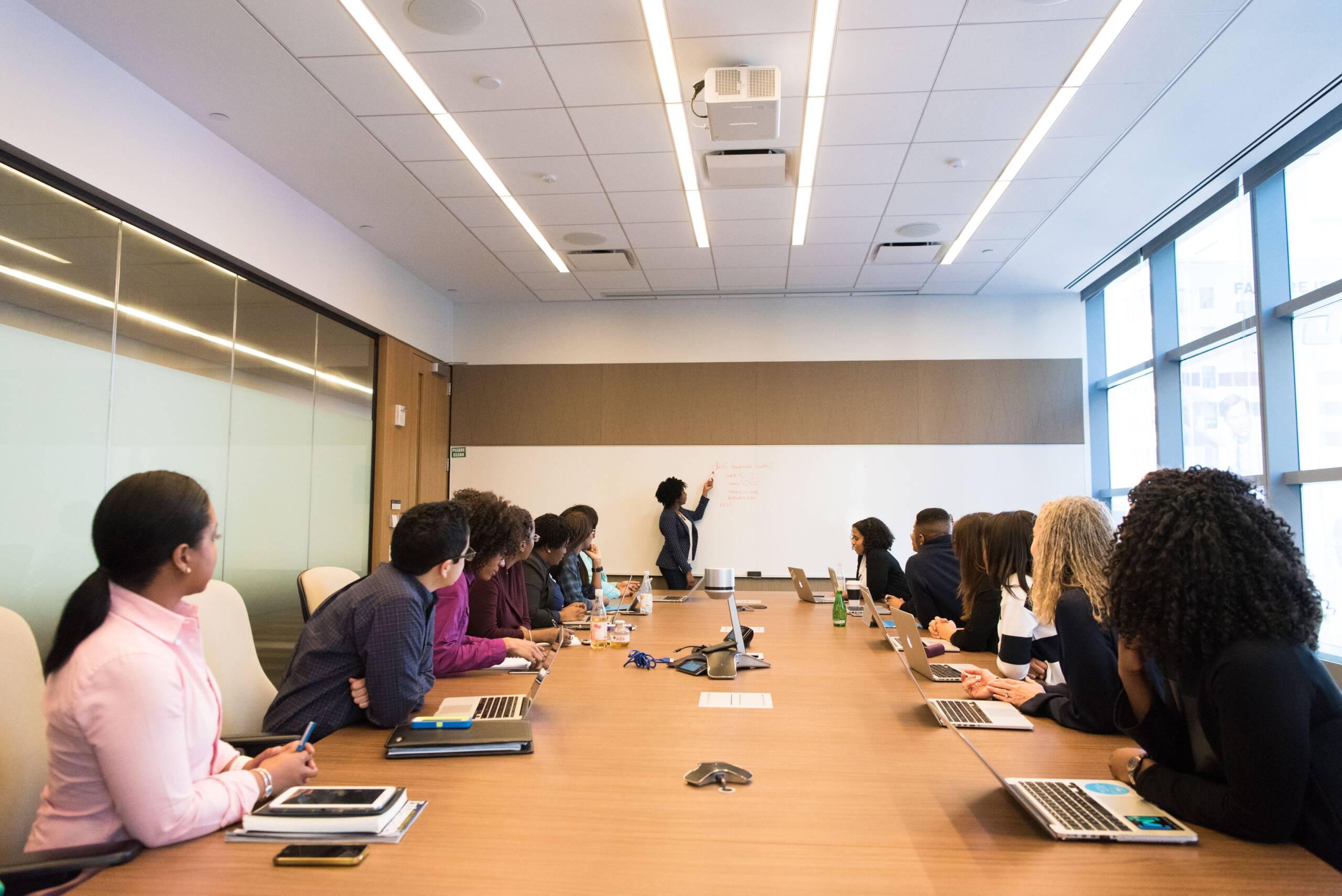
Teamwork is the cornerstone of success in large-scale projects. It brings together diverse skills, fosters creativity, and enhances problem-solving capabilities. In this article, we will delve into the many reasons why teamwork is so valuable in big projects, highlighting the benefits and positive impacts it has on achieving goals and delivering outstanding results.
Diverse Skill Sets: Harnessing Collective Expertise Complementary Skills and Knowledge
One of the most significant advantages of teamwork in big projects is the combination of diverse skills and expertise. Team members bring unique strengths to the table, whether it’s technical proficiency, creative thinking, strategic planning, or detailed execution. This diversity allows for a more comprehensive approach to problem-solving and ensures that all aspects of a project are covered.
Learning and Growth Opportunities
Working in a team environment provides ample opportunities for learning and growth. Team members can share knowledge and skills, enhancing each other’s capabilities. This collaborative learning environment not only improves individual competencies but also strengthens the overall team’s effectiveness and adaptability.
Enhanced Creativity and Innovation
Brainstorming and Idea Generation
Teamwork fosters an environment where creativity and innovation can thrive. Brainstorming sessions with diverse team members can lead to the generation of novel ideas and solutions that might not emerge in a solitary work setting. The interplay of different perspectives and experiences stimulates creative thinking, driving the project forward with innovative approaches.
Encouraging Risk-Taking
In a supportive team environment, individuals are more likely to take risks and propose unconventional ideas. The collective support and shared responsibility reduce the fear of failure, encouraging team members to think outside the box and experiment with new concepts. This culture of innovation can lead to groundbreaking solutions and significant project advancements.
Improved Problem-Solving Capabilities
Collaborative Decision-Making
When tackling complex issues, the collective intelligence of a team is invaluable. Collaborative decision-making processes allow for multiple viewpoints to be considered, leading to more robust and well-rounded solutions. Team members can evaluate options critically, identify potential pitfalls, and select the best course of action with confidence.
Support and Backup
In a team setting, individuals can rely on each other for support and backup. When challenges arise, team members can pool their resources and expertise to overcome obstacles efficiently. This collective problem-solving approach ensures that no one is left to handle difficulties alone, leading to quicker and more effective resolutions.
Enhanced Productivity and Efficiency
Task Specialization
Teamwork allows for task specialization, where individuals can focus on their areas of expertise. Assigning specific roles and responsibilities ensures that tasks are completed by those best suited for them, enhancing productivity and efficiency. This division of labor maximizes the use of each team member’s strengths and reduces the time needed to complete tasks.
Shared Workload
In large projects, the workload can be overwhelming for a single individual. Sharing the workload among team members ensures that tasks are manageable and deadlines are met. This distribution of responsibilities not only prevents burnout but also maintains a steady workflow, contributing to the timely completion of the project.


Strong Communication and Coordination Effective Communication Channels
Successful teamwork relies on strong communication and coordination. Establishing clear communication channels ensures that all team members are informed and aligned with the project’s goals and progress. Regular meetings, updates, and feedback sessions facilitate transparency and keep everyone on the same page.
Building Trust and Rapport
Effective teamwork builds trust and rapport among team members. Open and honest communication, along with mutual respect, fosters a positive working environment where individuals feel valued and supported. This trust enhances collaboration and ensures that team members can rely on each other to deliver their best work.
Increased Accountability and Motivation
Shared Goals and Objectives
Teamwork creates a sense of shared purpose and accountability. Working towards common goals motivates team members to perform at their best, knowing that their contributions are integral to the project’s success. This collective commitment drives individuals to take ownership of their tasks and strive for excellence.
Recognition and Rewards
Recognizing and rewarding team efforts boosts morale and motivation. Celebrating achievements and acknowledging contributions fosters a sense of accomplishment and encourages continued dedication. This positive reinforcement reinforces the value of teamwork and inspires individuals to maintain high standards of performance
Fostering a Positive Work Environment
Collaboration and Camaraderie
Teamwork fosters a sense of collaboration and camaraderie among team members. Working together towards a common goal builds strong relationships and creates a supportive work environment. This positive atmosphere enhances job satisfaction and makes the project experience more enjoyable for everyone involved.
Emotional Support
In challenging times, the emotional support provided by a team is invaluable. Encouragement and empathy from teammates help individuals cope with stress and stay motivated. This sense of belonging and mutual support strengthens team cohesion and resilience, ensuring that everyone remains focused and driven.
Conclusion: The Power of Teamwork in Big Projects
Teamwork is a powerful driver of success in big projects. The diverse skills, creativity, problem-solving abilities, and enhanced productivity that come with effective teamwork are invaluable. By fostering strong communication, accountability, and a positive work environment, teams can achieve remarkable results and deliver outstanding outcomes. Embracing the strengths and benefits of teamwork ensures that big projects are not only manageable but also successful and rewarding for everyone involved.






1 Comment
Rosita
I like this web site very much, Its a real nice berth to read and get information